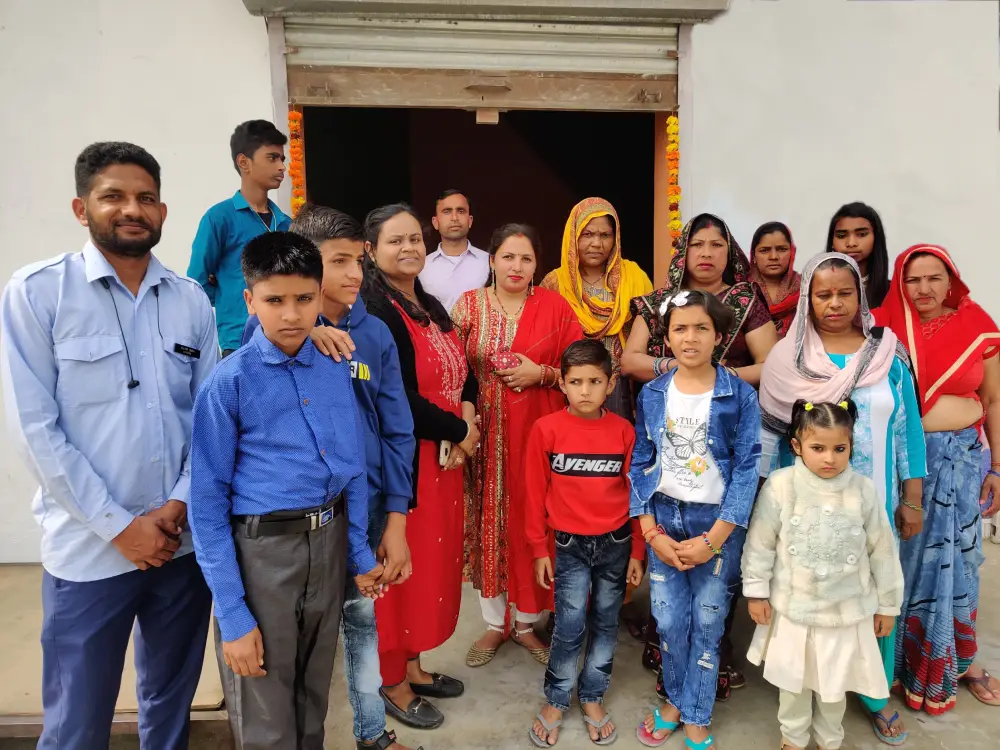Tips for Running a Successful Indian NPO?

Starting and sustaining a successful non-profit organization NPO in India, especially in a city as dynamic as Delhi, comes with its own set of challenges and rewards. Whether you're focused on child education, healthcare, or women’s empowerment, success in the non-profit space requires a unique blend of compassion, strategy, and execution. Here are some practical and powerful tips for running a successful Indian NPO:

1. Define a Clear Mission and Vision
Your organization must have a crystal-clear mission — what cause you are addressing, why it matters, and how you intend to make a difference. This clarity will guide your decisions, shape your strategies, and inspire both your team and your donors.
2. Build Strong Legal Foundations
Register your organization under the appropriate legal structure (e.g., Trust, Society, or Section 8 Company). Ensure you have PAN, 12A, and 80G certificates for tax exemptions, and FCRA registration if you intend to receive foreign donations. These not only build trust but also open more funding opportunities.
3. Focus on Transparency and Accountability
Successful NPOs are transparent in how they operate, especially with finances. Regular audits, publicly available annual reports, and donor updates can build trust and credibility. Use digital platforms to share your impact stories, financials, and real-time updates.
4. Create Sustainable Fundraising Models
Don’t rely solely on donations. Develop a diversified fundraising strategy that includes crowdfunding, corporate CSR partnerships, government grants, merchandise, and recurring donors. Sustainability ensures long-term impact.
5. Use Technology to Your Advantage
From donor management software to WhatsApp for community engagement, tech can help scale your operations efficiently. Build a strong online presence — your website, social media platforms, and email campaigns are powerful tools for awareness and fundraising.
6. Engage the Community
Involve the very people you're trying to help. Design programs with the community, not for them. This participatory approach makes your initiatives more effective, relevant, and welcomed.
7. Measure and Showcase Your Impact
Donors want to see results. Define KPIs (Key Performance Indicators), track outcomes, and create compelling reports and visuals that show how lives are being transformed through your work.
8. Nurture Your Team and Volunteers
A motivated, trained team is your biggest asset. Invest in staff development, recognize volunteers, and foster a culture of empathy and professionalism within your organization.
- Art
- Causes
- Crafts
- Dance
- Drinks
- Film
- Fitness
- Food
- Jocuri
- Gardening
- Health
- Home
- Literature
- Music
- Networking
- Alte
- Party
- Religion
- Shopping
- Sports
- Theater
- Wellness


